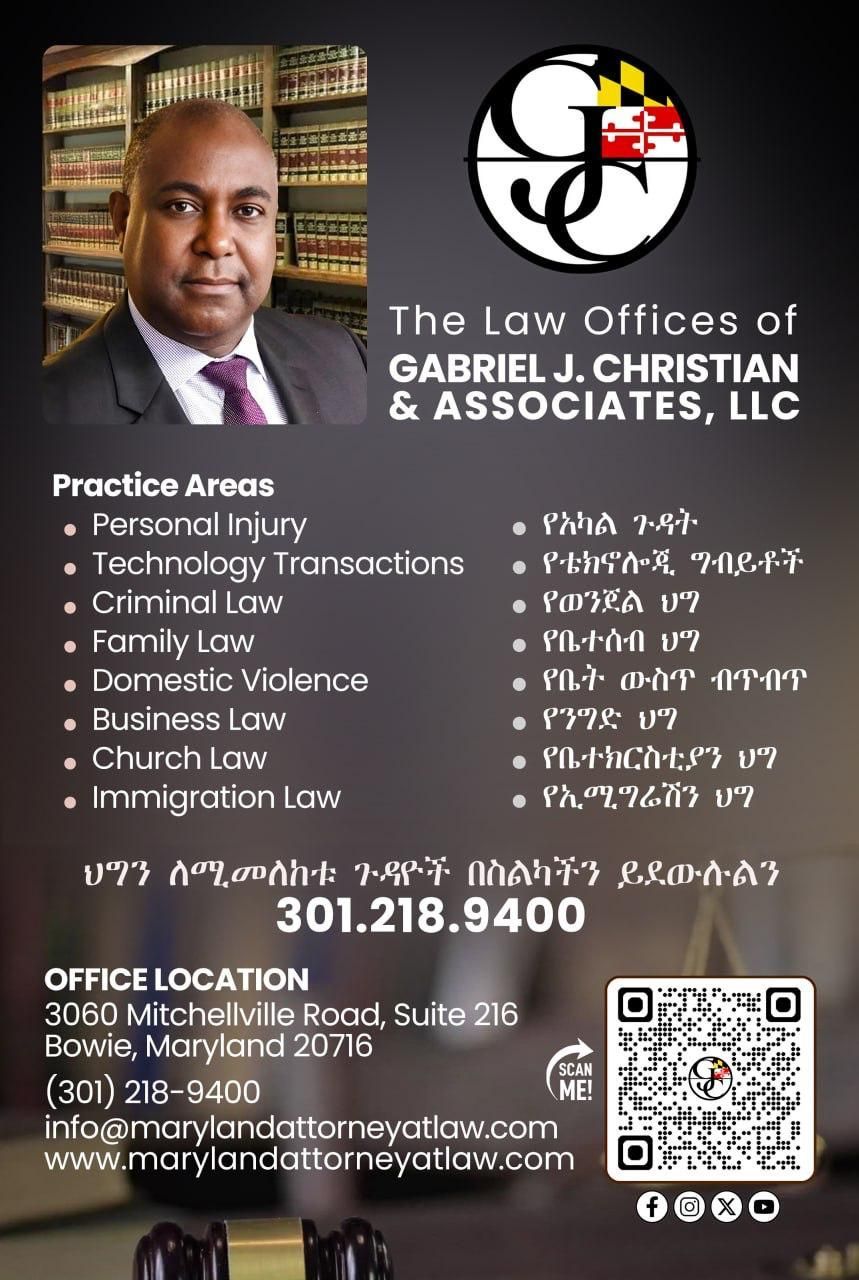AVOIDING DOMESTIC VIOLENCE
Domestic violence is a serious issue that needs to be treated as such. According to the National Intimate Partner and Sexual Violence Survey, one in 12 men and one-third of women have experienced intimate partner violence during their lifetime. This article focuses on domestic violence between people in a relationship – either intimate, family or acquaintance.
Why such a focus on domestic violence amongst people who know each other? Well, for one thing national crime statistics indicate that 67% of all murder victims are killed by spouses, family members or people they know. That is an alarming fact, but a sad reality.
We are pleased that one of our county leaders in stopping domestic violence in Prince George’s County is Jackie Rhone.
See video here - (82) STOPPING ABUSE - Prince George's County's fight against domestic violence - YouTube
Spot the Signs Earlier on
Determine from the onset of any relationship whether the other person is someone you’d wanted to be with. If your partner is manipulative and always makes you feel guilty for all the problems in the relationship or threatens violence against you, it could be right to walk away.
This is important because negative treatment from a partner can lead to physical confrontation and abuse. While no relationship is perfect, red flags such as manipulation should never be overlooked.
Set Boundaries
Discuss with your partner about having boundaries, such as:
- No physical attacks. Someone who beats you once is very likely to beat you again. Step away from relationships where physical violence is repeated.
- No verbal abuse or cursing of each other. People who engage in verbal abuse usually escalate to physical abuse.
- Avoid arguments over money management and/or spending as disputes over money can usually instigate physical abuse.
- Avoid the use of abuse of alcohol or the use of street drugs. Operating in an altered mental state, due to alcohol drug use/abuse usually leads to the breakdown of relations between spouses, intimate partners, or family members.
- Avoid manipulative people who seek to exploit you or your resources for their own selfish reasons. An exploitative relationship usually ends in conflict and/or mental abuse.
The Silent Treatment or Walk Away
f a friend or partner is becoming abusive, remain silent to allow them to cool down. If they will not cool down and become even more abusive, walk away. It takes two fools to quarrel. If you give as good as you get, that approach will only escalate the altercation and perhaps lead to violence. Walking away prevents physical abuse and allows for future reconciliation if the relationship is valuable enough to save.
Talk To Someone
If you’re living in fear or noticing things could get violent with your partner, confide in someone ahead of time. This confidant may discuss with you an escape plan or find you a safe place where your safety will be guaranteed.
Touch Base with Criminal Defense Attorney
Apart from fighting criminal charges, defense attorneys can also act as a mediator between two aggrieved spouses or partners. You can contact our office at 301-218-9400 and we can recommend ways to protect yourself.
Be Aware of a Nearby Shelter
In case of an emergency, knowing about the nearest shelter in your area is vital. Apart from being a safe place to be, some shelters provide training programs that would help domestic violence survivors overcome the physical and emotional trauma they’ve experienced. So, never forget to make use of this provision when necessary. You can use a website like Domestic shelters to locate domestic shelters in your area.
You Can Come To The Rescue!
Don’t be like many witnesses who tell law enforcement that they heard about or perceive domestic violence but don’t want to get involved. If you overheard something upsetting or disturbing, check in with a neighbor to see if they are OK and safe. And don’t hesitate to call the police or find your troubled friend a nearby shelter where they can stay and feel safe.
You can avoid domestic violence by not overlooking warning signs, seeking the help of a confidant or defense attorney, and getting prepared for emergencies. And every one of us can be resourceful to anyone who is about to become or is already a domestic violence victim.



